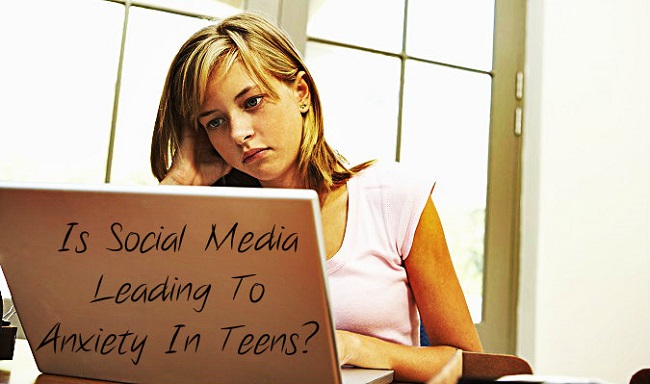5Check your score
Advertisement
Here are the ten conditions developed for the FOMO scale with each being numbered from 1 being indicative of (items not at all true of me) to 5 (items extremely true of me). You can check your score.
- I fear the fact that others may be having more rewarding experiences than me.
- I fear that my friends have more rewarding experiences than me.
- When I find out my friends are having fun without me, it makes me worried
- If I don’t know what my friends could be up to, I get anxious
- It is important to me that I understand my friends ‘"in-jokes."
- There are times when I wonder if I am spending too much time keeping up with what is going on
- When I miss an opportunity to meet up with friends, it bothers me a lot
- When I have a good time, it is important for me to share the details on social media like updating my status on Instagram and Facebook
- When I miss out on a planned get-together, it bothers me.
- I continue to keep tabs on what my friends are doing even when I am on vacation

Image Source: www.thescottishsun.co.uk
6What scores mean
Advertisement
In a sample test of 2,000 adults between 22 to 65 years of age, the average score was 2 which indicate FOMO wasn’t much of a concern across a wide spectrum of age groups however there were higher scores of FOMO observed in young adults where men showed higher scores than women which was quite a surprise. If you scored between 1 and 3 on the scale, you were in the expected range. Here is a better version of the FOMO quiz to help you understand it better
A second study showed how the extent of FOMO was influenced by Facebook more than any other factor.

Image Source: www.teendrugrehabs.com
7Those with FOMO did not care about their safety
Advertisement
What was most appalling for the psychologists studying the extent of FOMO on people were the fact that those with high scores of FOMO indicating that the condition affected them considerably were also addicted to social media to the point of neglecting their health, school grades and safety. Such people were liable to drive and engage in social media.

Image Source: sanvada.com
8People with FOMO actually make themselves suffer the condition
Advertisement
The Przybylski studies found that those most likely to be afflicted with FOMO were also those who possessed a constant need to keep checking their social media accounts as well as the activity of friends and people in their social media circle.
It would be easy for them to turn off their outlets in order to create a psychological defense to protect themselves from having to face such worrying outcomes of being left out but they chose not to WHY?

Image Source: www.emaze.com